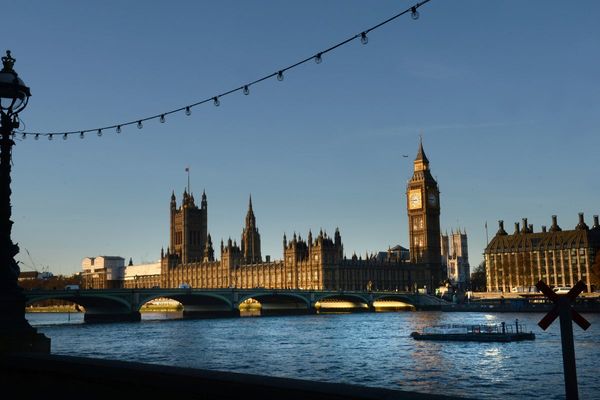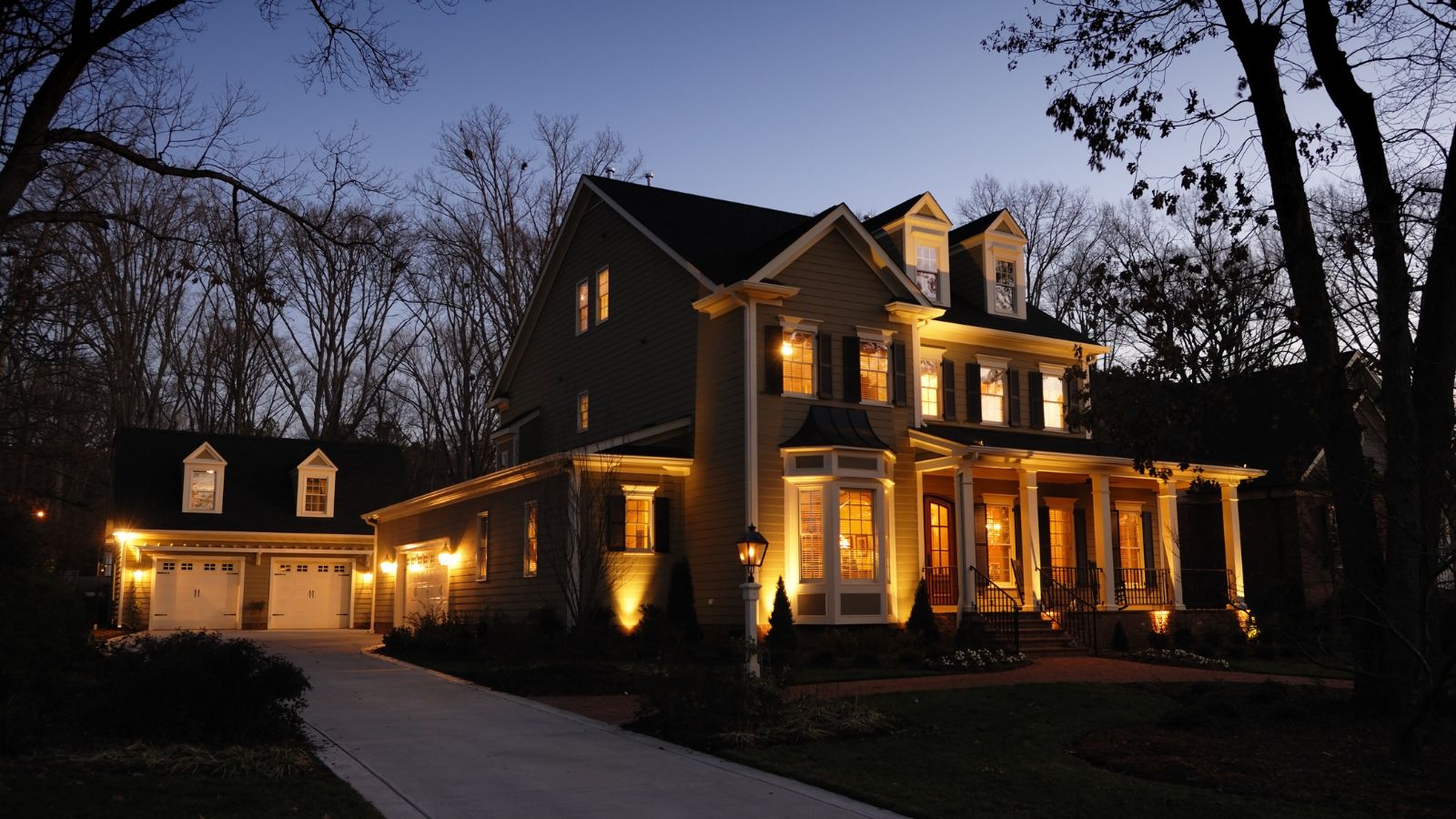
There's an urban legend going around that security lighting makes your home less safe. The theory is that keeping your lights on 24/7 indicates to intruders that you are not home to turn them off, making burglary more likely.
I spoke to a renowned lighting designer and an ex-SWAT home security expert about security lighting, and they both agree that keeping the lights on is the safest thing to do.
However, before you rush to change the settings on your floodlights, there are a couple of things to bear in mind - especially if you want to avoid light trespass and keep your backyard lights safe for wildlife.
1. Know the law
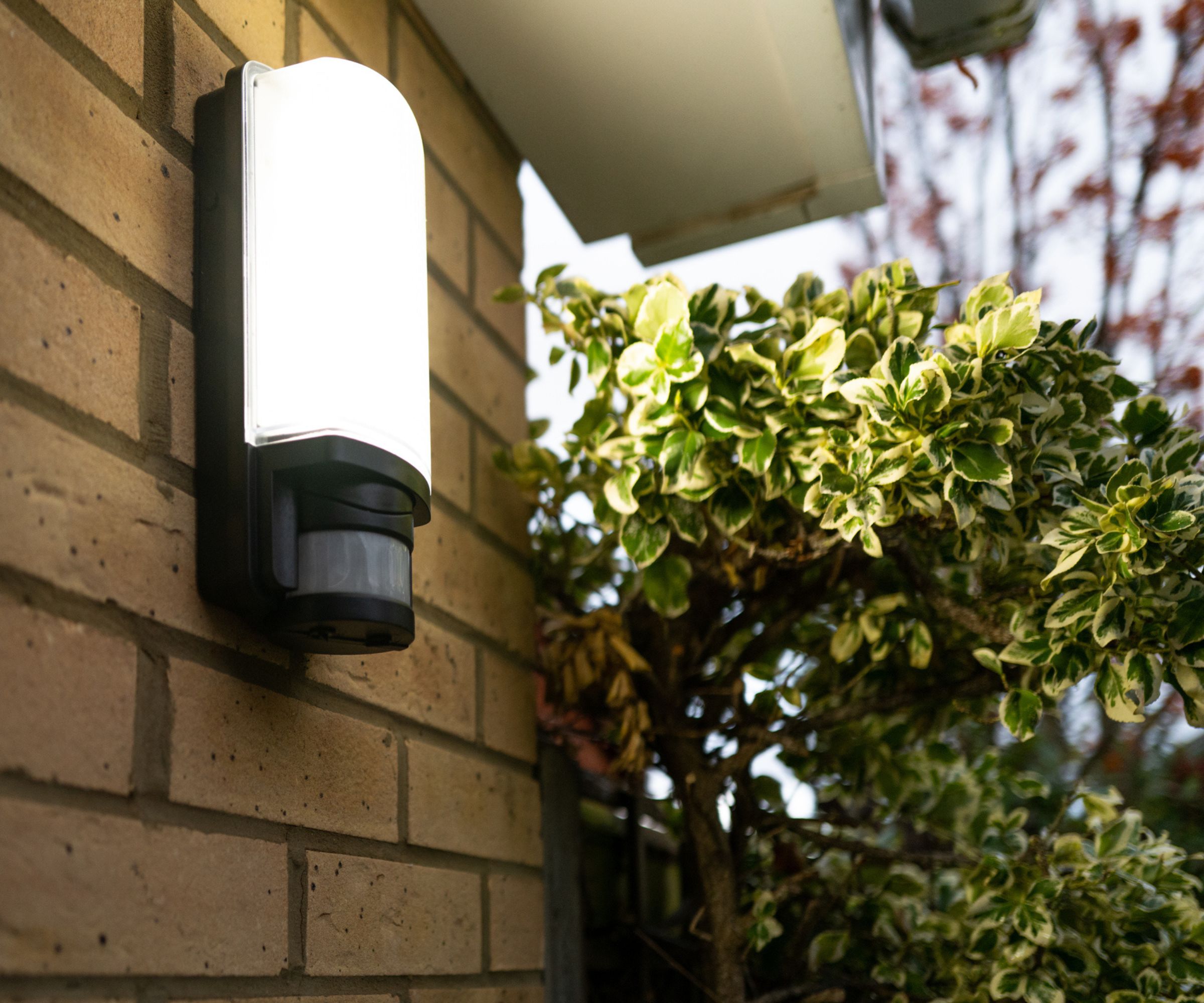
Before anything else, check your local laws. This varies hugely from state to state and even city to city. Real estate and security expert Gene Petrino says that 'Using security floodlights all night may be regulated by local ordinances.' Some places are more strict than others.
Expert garden lighting designer Nels Peterson told me that, for example, 'California is one state that has requirements for having exterior lighting on during daylight hours as an energy efficiency requirement.' In California, outdoor lighting must be high-efficacy, and lights permanently mounted to a building must have an on/off switch and a photocell, motion sensor, time switch, or astronomical time clock. In other places, local laws mandate that lights are switched off at certain times.
On top of actual laws, some neighborhoods will be subject to HOA rules about exterior lights. In some HOAs, floodlights and other types of security lights may be banned; in others, they may mandate that you leave your porch lights on for security.
Wherever you are, you need to avoid light trespass. Angle your lights down so that they only shine onto your property. If they shine over a property line or across the street into your neighbor's yard, you could create a nuisance that leads to a HOA fine or more significant legal action.
2. If you can, keep your lights on
If you're worried about home security, the experts I spoke to recommend keeping your outdoor lights on. Gene Petrino says that 'Lighting is the number one crime prevention method in home security. Bright lights can deter potential burglars by increasing the risk of being seen or caught.'
Lighting expert Nels Peterson agrees, saying that 'Burglars will often choose a home that's dark versus one that's properly illuminated. Landscape lighting has an important role to play in keeping your property secured and safe.'
They also have a tip about where to place your lights. Nels says that 'Most law-enforcement agencies are in agreement that having security lights, especially around the perimeter of the property, greatly deter unwanted visitors.'
If you need all-night lighting, you need this model. It has a dusk-to-dawn sensor that will switch on at sunset and off at sunrise, and it has thousands of five-star reviews on Amazon.
These lights are all you need for securing a garage or porch. Solar powered, this two-pack has three different lighting modes and is IP65 weatherproof.
For fence or garage lighting, try this great value pack. These six lights can easily screw into a fence or wall to give you secure lighting right the way along your yard.
3. Change your motion detection settings
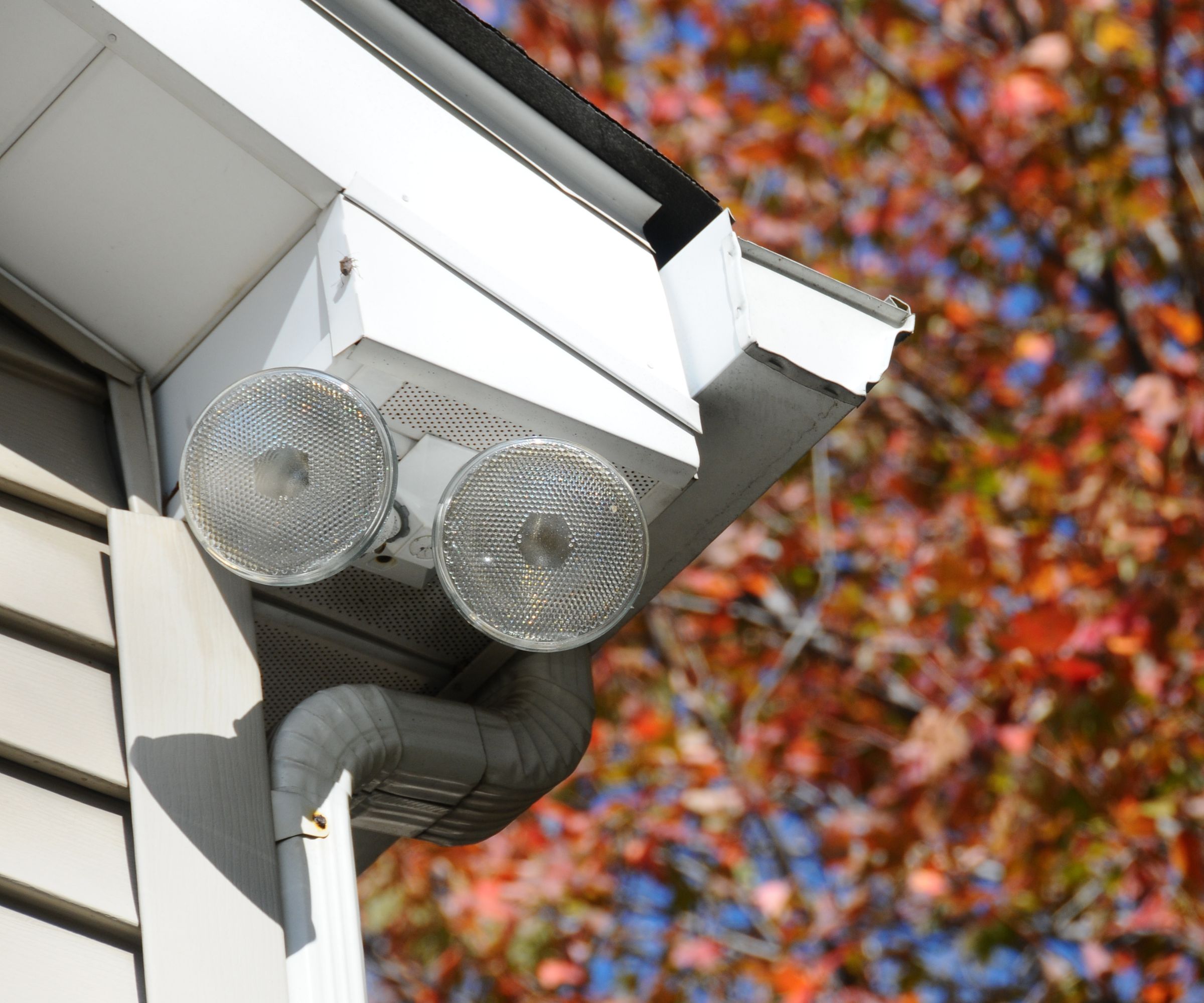
The experts I spoke to both recommend motion lights. Gene says that 'Motion-activated lights can surprise intruders and give the impression that someone is present or aware of their presence', which can deter crime before it starts.
However, If you already have motion detection lights and want something more permanent, you can switch them to standard security lights. Gene says 'Most motion detection lights can be adjusted to stay on all night. This usually involves changing the settings on the light fixture or using a manual override feature.'
Best of all, if you add a solar cell or buy lights with a solar cell fitted as standard, your lights will run all night without you lifting a finer. Nils says 'Most security lights have a dusk to dawn feature on their sensor, which is a setting to make all the lights come on at dusk and shut off in the morning.'
4. Don't worry about cost
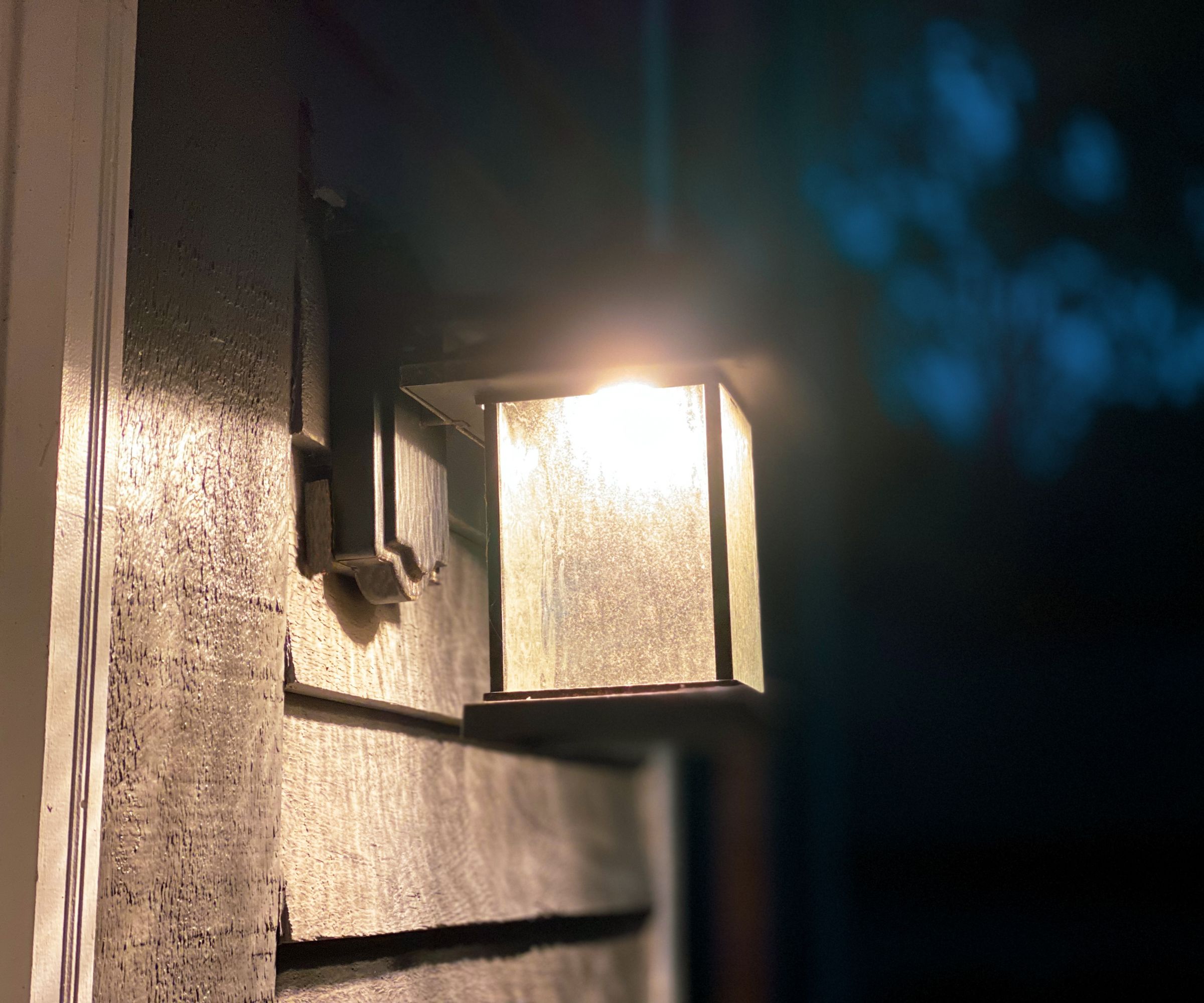
You may not want to keep your lights on all night if money is tight. It's hard to give an estimate of the cost of running lights all night. Gene says 'The cost of leaving security lights on all night depends on several factors, including the type of lights, their wattage, and local electricity rates.'
However, most security lights these days are LEDs, and these are pretty cheap. If they run off solar power, they're free to run, because they're powered by the sun. Gene says that LEDs are the best choice for security lights. Not only are they approximately 85% less expensive to operate than incandescent bulbs, but 'they offer the best color rendering, meaning they show true-color images of the objects they illuminate. This is helpful in improving the quality of images captured on video surveillance.'
5. Consider wildlife
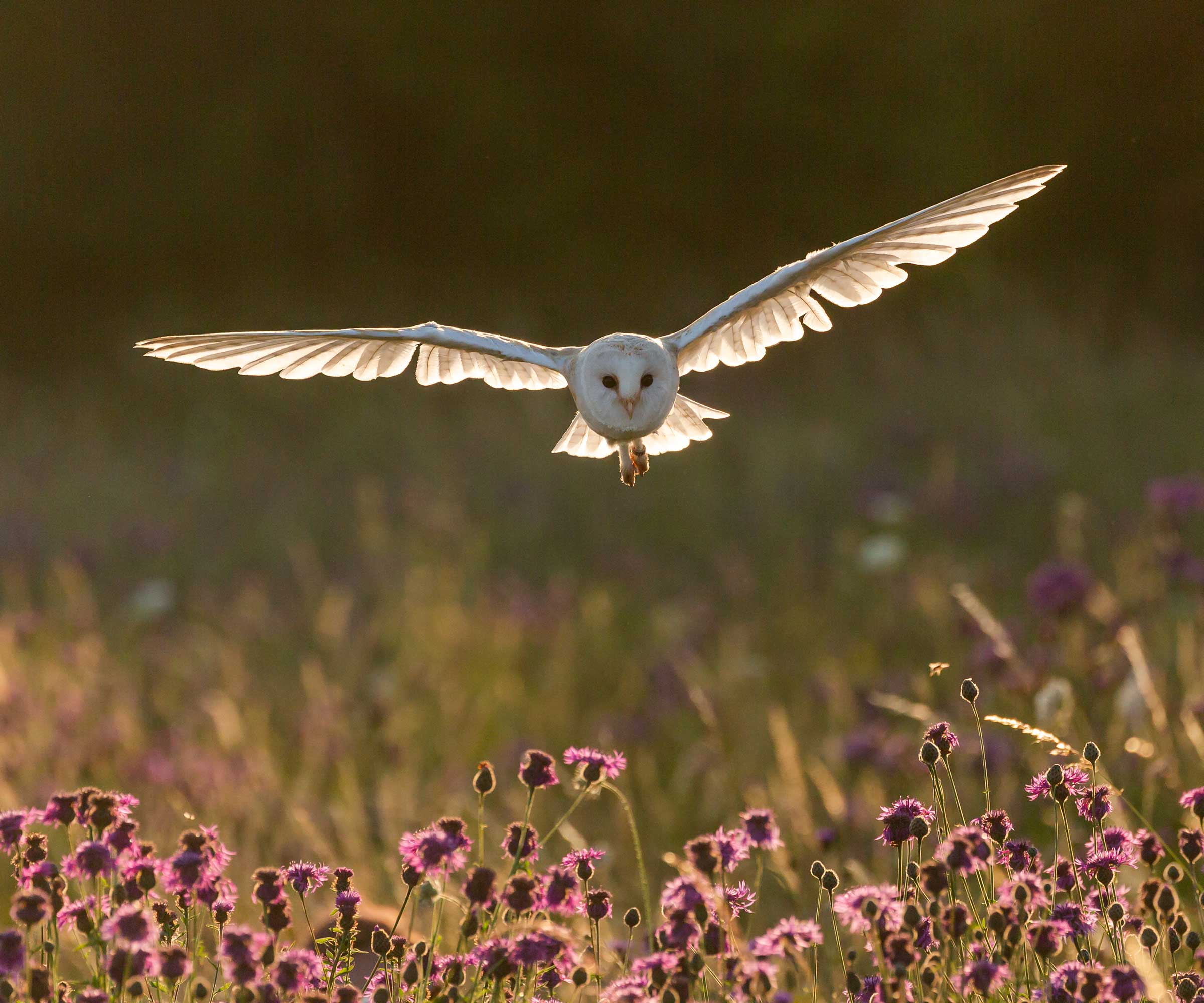
However, most wildlife experts say that you should turn your lights off. Security lights - especially bright floodlight - can wreak havoc on local populations. These lights are particularly bad for nocturnal animals like bats and possums, because they confuse the, light for daytime, or it reveals prey animals to their predators and vice versa.
Associations like the International Dark Sky Association recommend leaving at least one corner of your garden totally dark to help local wildlife flourish.
FAQ
Do solar lights make for good security lights?
Solar lights can be great security lights, but they're less reliable than lights running off utility power. If you live somewhere that tends to be overcast, like the Pacific Northwest, you're probably better off running your lights off utility power.
Security lights are a great way to secure your home, but they aren't the only option. For more help with home security, take a look at our coverage of intruder-proof hedge plants, or how to secure your home without a security system.


